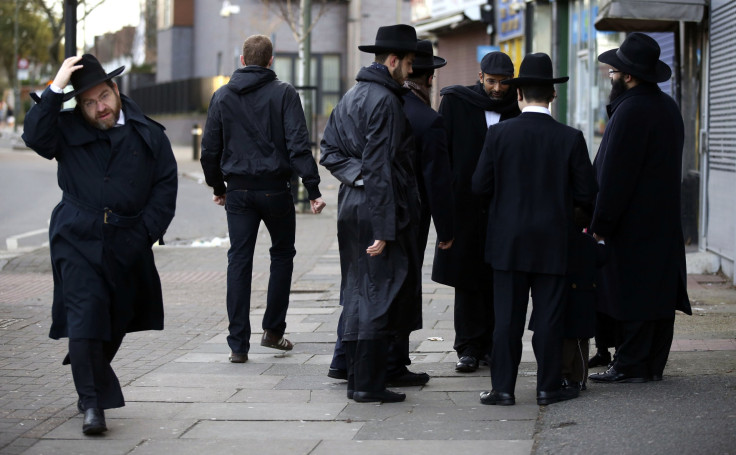Hasidic Ban On Women Driving: Stamford Hill Ultra-Orthodox Jewish Sect Defends Controversial Decision

An Ultra-Orthodox Jewish sect in the United Kingdom is defending its stance against women driving after a move to curtail the practice within its community last week sparked outrage. The defense comes just days after the British Department of Education announced it was launching an investigation into the strict ruling by rabbis of the Hasidic Belz sect in the Stamford Hill section of North London.
A Hasidic private school run by the sect apologized for the “negative impression” created by a rabbi-endorsed letter it sent out last week suggesting that women drivers risked having their children barred from attending lessons, the London Evening Standard reported on Monday. However, Belz Day School chief executive Ahron Klein maintained that the guidelines were justified as part of an effort to prevent the erosion of “religious principles and strong traditional values” in the community.
“We are proud of what we stand for and we do not feel the need to excuse ourselves for our deeply held beliefs and staunchly maintained way of life,” Klein wrote in a letter addressed to U.K. Education Secretary Nicky Morgan. “We fully accept that despite being private schools we have responsibilities to our members and to the wider public. However, as private schools we have the freedom to set our own high standards by which we seek to live and bring up our children.”
Morgan had called the policy “completely unacceptable in modern Britain,” while announcing that her department would launch an inquiry. “If schools do not actively promote the principle of respect for other people, they are breaching the independent school standards,” she said in a statement, reported by ITV on Sunday. “Where we are made aware of such breaches we will investigate and take any necessary action to address the situation.”
The policy has also prompted backlash from British Jewish activists who have taken issue with the idea that a ban on women driving has any basis in Judaism. “This measure is absolutely unheard of in Judaism, having no basis whatsoever in any Jewish text,” wrote Dina Brawer, an Orthodox Jewish feminist and rabbinical student, in a commentary for the Telegraph. “The motivation for such a ban is not piety, but plain sexism -- and a rather sinister desire of men to exert control over women.”
Others have called on British Jewish leaders to denounce the move by the sect, which is among the largest and most powerful Hasidic movements in the world. The British author Naomi Alderman has argued that pressure from “moderate” Jewish leaders, rather than from outside the community, is the best way to influence the Hasidic sect to move away from its stance.
“Change in fundamentalist communities can’t be imposed from the outside -- it must come from moderate voices of those still within the fold,” Alderman wrote on Monday, while urging Ephraim Mirvis, the U.K.’s chief rabbi, not only to condemn the Belz ruling as unsound in Jewish law but to exclude the movement’s leaders from participation in religious practice. “These moves might be symbolic, but in the religious world symbols count for something.”
© Copyright IBTimes 2024. All rights reserved.






















